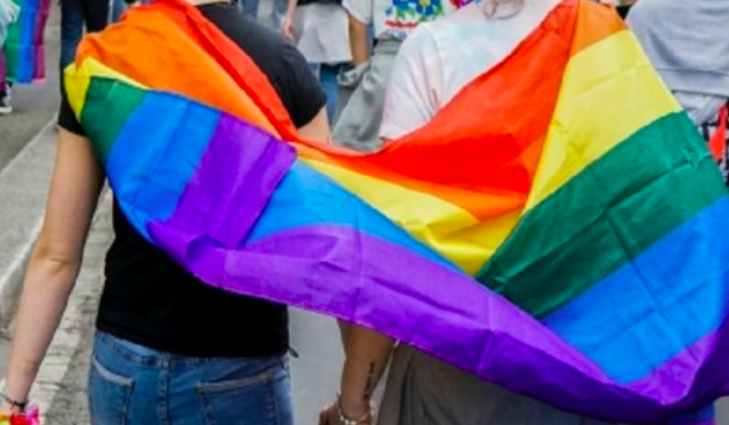The International Women’s Day is observed globally on 8 March every year. Though this day is approached and celebrated in different ways around the world heeding to the culture and history of the land, the focus is always to value women’s role in the society and their achievements. This day is celebrated based on various themes, with the theme for 2018 being ‘Press for Progress’. This theme rightly comes at a time when the findings of World Economic Forum’s 2017 Global Gender Gap Report suggest that we might be more or less two centuries away from attaining gender parity. But, growing awareness, activism, support, and not to forget the crucial role of NGOs, has created a global movement for women empowerment and gender parity.
In India, gender disparity begins right from the birth of a girl child, and in certain cases in the prenatal stage itself. A forthcoming background paper on female literacy that was released in a blog-post by New York-based International Commission on Financing Global Education Opportunity (or Education Commission) indicates that India is under-performing compared to its neighbours, Pakistan, Bangladesh and Nepal. According to the report, India has a proportion of 48% women who completed primary schooling of five years and were literate, compared to 92% in Nepal, 74% in Pakistan and 54% in Bangladesh. The report points that India stands at a pretty low ranking in global indices too. If the 51 developing countries that were being compared, are ranked by the earliest grade at which at least 50% of women are literate then India ranks 38th among the 51 countries, whereas its neighbouring counterparts – Nepal ranks 3rd, Pakistan ranks 8th, and Bangladesh ranks 24th. This indicates the need for a result-oriented implementation of several programmes introduced by government and NGOs for children to create awareness for protecting girl child and providing them the equal right to education.
The main reason for gender disparity stems from the belief that girl child is a burden for the family, and her education is not of as much priority since she will be married of whereas the son will grow up to be the earning member for the family. It is estimated that about 3-million girls are out of school in India. And, in rural India only 1 in 100 girls reach Grade 12. While the number of girls attending primary school is roughly equal to boys, the gap widens in secondary school as they are forced to drop-out in view of stereotypical roles of helping at home or getting married. To deal with this situation we need to work as a community and support girl children through sponsor a child platform of various NGOs.
In order to uplift women and reduce gender parity, the Government of India has taken several measures such as Beti Bachao, Beti Padhao Yojana, Sukanya Samriddhi Yojana, Mid-Day Meal Scheme, Sarva Shiksha Abhiyaan, and the like. In addition, Punjab has recently announced a programme to encourage girls from all backgrounds to get quality education with the provision of free education in the state system right from nursery school to doctorate level at university. Many national and international leaders have time and again pressed upon the issue of education and empowerment of women and there are many NGOs for children that are directly working for safeguarding girl child rights.
Educating girls hugely benefits the family in particular and the entire country in general. It is time we take some tangible steps towards the notion, “If you educate a woman, you educate a family. If you educate a girl, you educate the future” because the large proportion of illiterate females is one of the main reasons for the low literacy rate in India. And, there is no denying of the fact that only an educated mother can educate her children. Hence, it is time to break down barriers that prevent girls from going to school by getting involved to support the role of NGOs and government initiatives. And, what better way to counter gender disparity than sponsoring education for a girl child on this International Women’s Day. So, go ahead and sponsor a child, a girl child who is the backbone of prosperity and development.
























